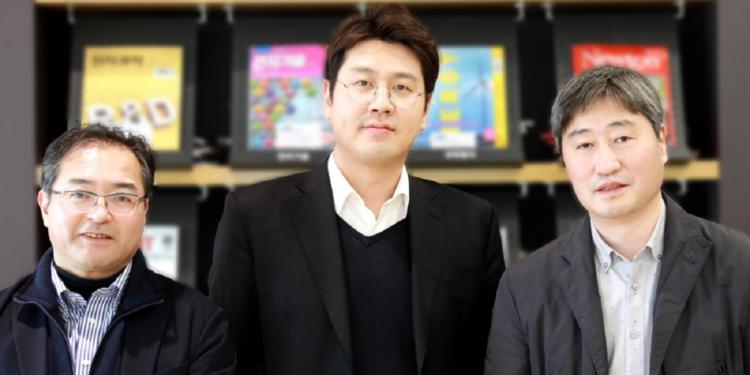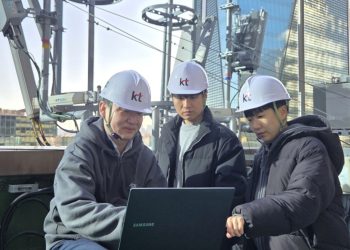Samsung Electronics’ Advanced Institute of Technology (SAIT) division revealed a groundbreaking technology for long-lasting all-solid-state batteries. SAIT unveiled the new study alongside Samsung R&D Institute Japan (SRJ) for the first time in Nature Energy, an international leading scientific journal.
The new all-solid-state batteries could power an electric vehicle to run 800 kilometers on a single charge. The battery’s ability to utilize solid electrolytes and support higher energy density allows it to have a cycle life of over 1,000 charges.
All-solid-state batteries use solid electrolytes between cathodes and anodes. Compared to traditional lithium-ion batteries currently in use, the new batteries allow for the production of large-capacity cells and are much safer.
SAIT said that projecting when the new technology can be commercialized would be difficult because of the structure and principle of the new battery. However, the industry expects the commercialization of the latest technology to gain speed along with the expected rapid growth of the electric vehicle industry.

Ag-C Composite Layer Tech
Generally, battery makers use lithium metal as a cathode material for an all-solid-state-battery. However, the use of lithium metal can trigger the growth of dendrites. When lithium moves from an anode to a cathode during charging, it makes the battery prone to needle-like crystals that pile up on the surface of the cathode. These accumulations can damage the battery’s separator, reducing its safety and lifespan.
To counteract the problem, Samsung Electronics proposed to utilize a silver-carbon (Ag-C) composite layer as the first-ever lithium cathode separation technology. The five-micrometer-thick Ag-C nanoparticle composite layer, which, when incorporated in a prototype pouch cell, can enhance the battery’s overall safety, and support a longer life cycle and a larger capacity.
Thanks to the ultrathin Ag-C nanocomposite layer, SAIT successfully reduced the size of the prototype to approximately 50 percent smaller. The SAIT team also increased the energy density up to 900Wh/L and reduced anode thickness.
Project leader Dongmin Im, Master at SAIT’s Next Generation Battery Lab, said that they intend to continue developing and refining all-solid-state battery materials and manufacturing technologies. He added that innovation could bring the EV battery market to the next level.







